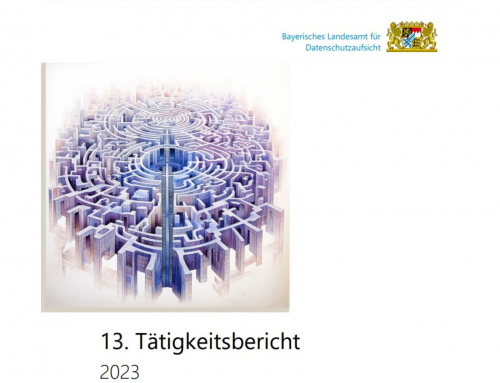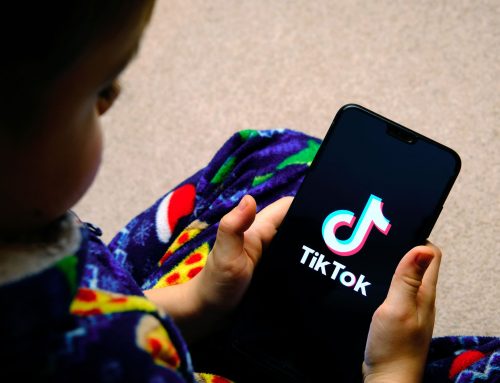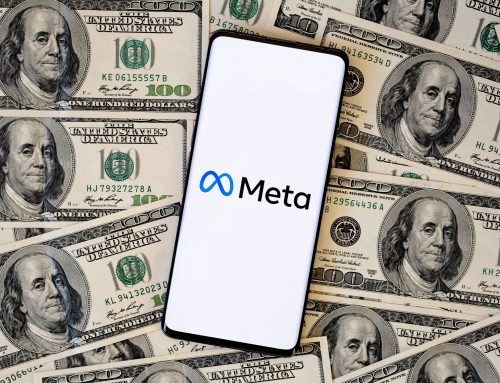In a world where data is considered the new gold, Meta, the parent company behind social giants Facebook and Instagram, has taken a controversial turn. With an innovative but polarizing payment model, Meta is presenting its users with a difficult decision: either they pay a monthly fee of at least €9.99 to use its platforms ad-free, or they accept personalized advertising – and thus the collection and analysis of their data. This move has sparked a heated debate: Is this a legitimate business model or an attempt to indirectly force users to give up their privacy?
The value of privacy
The concept of paying to opt out of personalized advertising exposes the deep-rooted problem of the modern internet: the seemingly unavoidable choice between convenience and privacy. Meta’s approach symbolizes a significant departure from the traditionally free, ad-supported use of social media and raises fundamental questions. How much is our privacy worth to us? And to what extent are we willing to pay for it? While some welcome the ability to opt out of advertising, others see it as a dangerous precedent that divides users into two classes: those who can afford privacy and those who are forced to use their data as a means of payment.
The EU on the warpath: data protection as a fundamental right
The European Union, which has established itself as a bastion of data protection, is critical of this new model. The EU Commission is questioning whether Meta’s practice is not just a subtle form of blackmail: “Pay or give up your data”. This investigation by the EU could have far-reaching implications, not only for Meta, but for the entire ecosystem of digital services. The stakes are high – the future of data protection, the role of regulators and the definition of what can be considered “free” in the digital age.
A test case for the digital society
Meta’s payment model for data protection could become a crucial test case for digital society. It raises the question of what kind of digital environment we want to live in. Should companies be able to attach conditions to basic data protection rights? Or should such rights be inalienable and accessible to all users, regardless of their financial situation?
The dilemma of digital autonomy
Meta’s introduction of a paid model for privacy shines a harsh light on the dilemmas of digital autonomy and freedom. Users are increasingly faced with the challenge of protecting their digital identity and personal data while at the same time wanting to use the services that have become an integral part of their everyday lives. This situation forces us to reflect on the value of privacy in an increasingly networked and commercialized digital space.
Conclusion: A turning point for digital ethics
What Meta has sparked with its new payment model is more than just a debate about data protection and advertising financing; it is a fundamental debate about the ethics of the digital age. How we as a society respond to this challenge will not only shape the future of Meta, but also the way in which digital services are designed and regulated. In this sense, the current controversy is a wake-up call: it is time to rethink our values and decide what price we are willing to pay for our privacy and our digital freedom.







